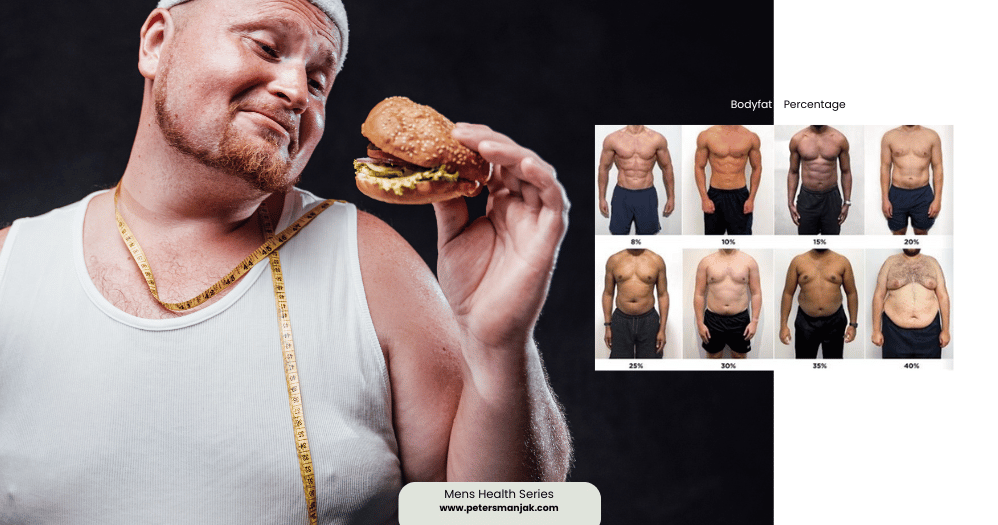We often speak about the full spectrum of what it means to be an “executive athlete.” The title isn’t just about resilience, sharp decision-making, or high performance. It also encompasses something that’s rarely highlighted in the competitive executive world—humility.
For many high-achieving professionals, humility does not come naturally. The very traits that make an executive effective—decisiveness, control, and the drive to excel—can, in excess, become traits that distance them from their loved ones. At home, being a “tough guy” might translate into the kind of behavior that doesn’t serve your spouse, partner, or children. It can become the type of attitude that makes relationships strained rather than supportive.
In his book, Tough Guys and True Believers: Managing Authoritarian Men in the Psychotherapy Room, John M. Robertson describes “tough guys” as those who embody rigid, controlling, and aggressive behaviors, whether at work or at home. Yet Robertson also emphasizes something many might find surprising: even these men, who often seem unchangeable, are capable of transformation. It is within this transformation that the spirit of the “executive athlete” truly comes to life.
Humility: The Training Most Executives Skip
To become a complete executive athlete, one must cultivate not only mental and physical resilience but also emotional depth and humility. Many years ago, I was personally inspired by the writings of the Desert Fathers, who lived monastic lives focused on the practice of humility through their love for God. These ancient teachings pushed me to overcome what was “natural in the flesh”—the default drive to assert control, to always win, and to demand recognition.
In their quiet lives, the Desert Fathers showed that humility isn’t just about what you do in moments of peace, but what you do in the face of demands, struggles, and chaos. They showed that true strength lies in letting go of the ego. As modern executives, humility is formed not in board meetings but in the mundane and often unnoticed acts—like washing dishes after a long workday or cleaning up the table while no one’s watching.
Imagine this: you’re an executive who has just navigated a packed day of meetings, made critical decisions, and handled crises. It would be easy to come home, put your feet up, and expect the rest of the world to serve you. But instead, you head to the kitchen, roll up your sleeves, and do the dishes, not for praise or thanks but as a conscious act of humility, showing respect for your family. In those moments, you build not only your relationships but also a deeper kind of strength—the kind that keeps you connected to what truly matters.
Building Resilience Beyond the Boardroom
Our work with high-performing executives has shown that many have the intention to show up differently for their families. The desire is there, but often the capacity and know-how are not. This isn’t just a knowledge gap—it’s a matter of rewiring habits that have been reinforced through years of striving for professional success.
Through functional and integrative practices, we help professionals create the space to redefine their success—not just in the boardroom but at home, where the stakes are even higher. We work on rebalancing hormones, healing from stress, and providing the tools to enable executives to cultivate emotional regulation. These tools are what allow executives to let go of the authoritarian “tough guy” mentality and instead show up as humble, strong, and compassionate partners and parents.
As executives, it’s easy to measure our achievements by numbers, accolades, or quarterly results. But the true testament to our strength is found in how we care for those around us—often in the smallest, quietest moments.
The executive athlete washes dishes because they understand that humility strengthens them just as much as any deal they close. They clean the table, not seeking recognition, but to model respect and love. They treat their partners and children with the admiration they deserve, knowing that true leadership is reflected in those moments no one else sees.
It’s time to expand what it means to be successful. If you are constantly striving in your professional life but feel a gap in your personal connections, it may be time to explore the fullness of being an executive athlete. Let us guide you in this transformation, where humility, balance, and respect become part of your high-performance toolkit. Because true power isn’t only found in the office—it’s built in every dish washed, every thoughtful action taken, and every relationship strengthened.








